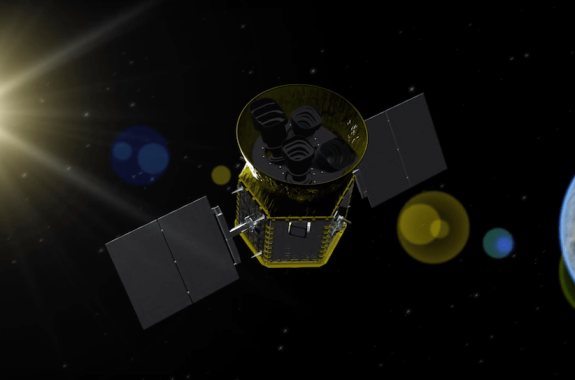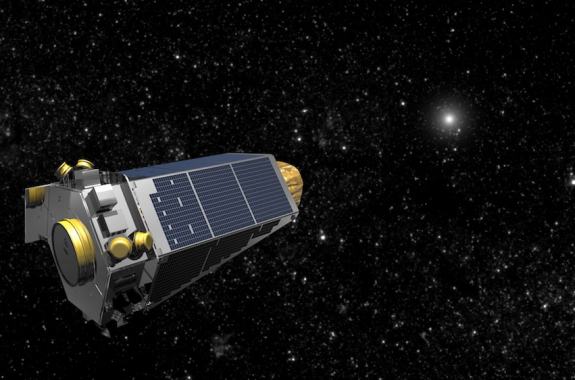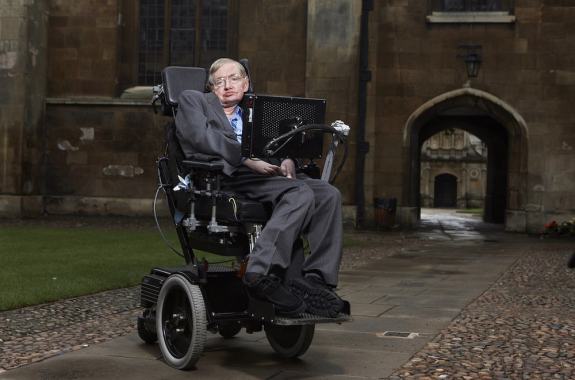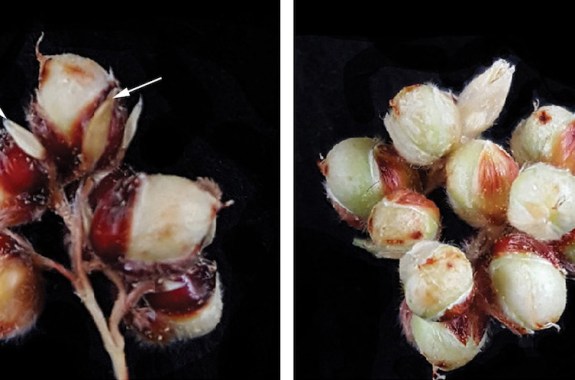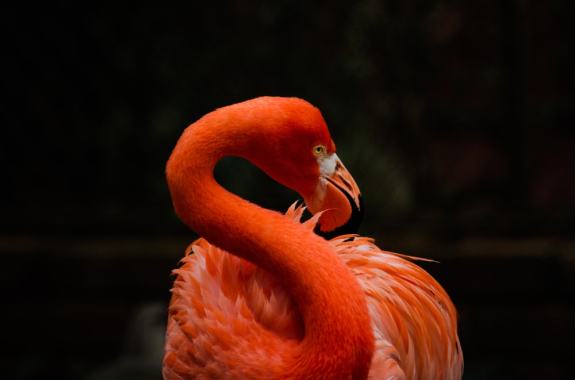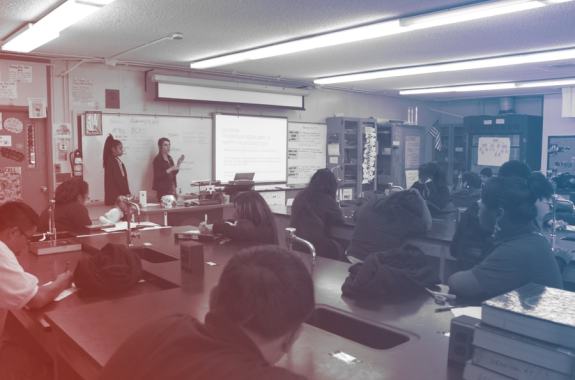As Science Friday’s director and senior producer, Charles Bergquist channels the chaos of a live production studio into something sounding like a radio program. He coordinates in-studio activities each week from 1-4. And then collapses. He also produces pieces for the radio show. His favorite topics involve planetary sciences, chemistry, materials, and shiny things with blinking lights.
Charles has been at Science Friday longer than anyone on staff except Ira, and so serves as a repository of sometimes useful, sometimes useless knowledge about the program. He remembers the time an audience member decided to recite a love poem during a live remote broadcast, the time the whole staff went for ice cream at midnight in Fairbanks, Alaska, and the name of that guy Ira is trying to remember from a few years back who did something with space.
He hails from southeastern Pennsylvania and worked for a while as a demonstrator at the Franklin Institute, Philadelphia’s science museum (favorite devices: Maillardet’s Automaton, the stream table, the Chladni plates). He has a degree in chemistry from the University of Delaware, home of the Fighting Blue Hens, and a master’s in journalism from New York University’s Science, Health, and Environmental Reporting Program. However, he attended the program prior to the addition of ‘Health’ to its name, which may explain his slight unease when covering medical topics.
Outside the walls of Science Friday, he enjoys backpacking, camping, cooking not-entirely-healthy things, reading escapist fiction, and trying to unravel his children’s complicated stories.
7:29
A New Planet-Hunter Takes To The Sky
Plus, a new search for dark matter, a massive ichthyosaur, and the nature of randomness.
7:56
Is There A Cell Phone Link To Cancer? A Definite Maybe
A government study found a possible link to a rare type of cancer in rats. A peer review panel met this week and endorsed the findings.
7:10
Coughs On A Plane
Researchers map out how the behavior of airplane passengers affects the chances of in-flight disease transmission.
9:14
After Finding Thousands Of Exoplanets, Kepler Rides Into The Sunset
The Kepler and K2 missions have found over 2,500 planets around distant stars, but the end is coming.
11:48
Remembering Stephen Hawking
Plus, rogue satellites, graphene hair dye, and hungry ravens.
16:21
The Color Of Music
Researchers have identified several gene regions linked to synesthesia, an unusual crossover of the senses.
11:58
In A Noted Food Lab, The Glass May Be Half Empty
Journalist Stephanie Lee describes dubious research in a lab noted for its eye-catching food studies.
9:55
Searching For A Path To Greater Grains
Researchers have uncovered a mechanism that causes one mutant strain of sorghum to bear three times the seeds.
8:05
Do Florida’s Flamingos Really Belong There?
New research argues that flamingos are a species native to Florida, and should be protected.
4:35
In Idaho, A Battle Over Climate In The Classroom
The Idaho legislature is debating how to address human-induced climate change in revised science education standards.
